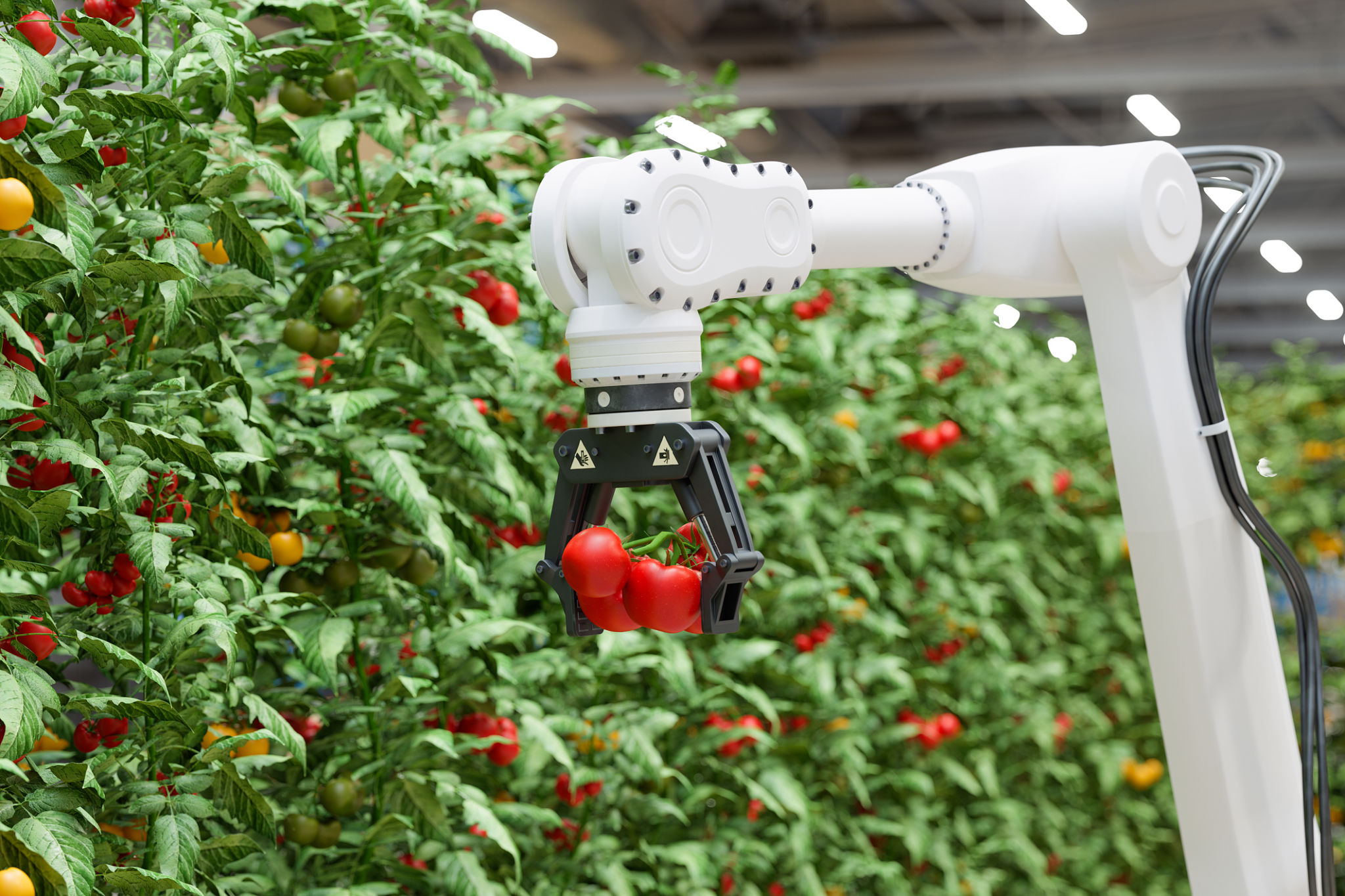Exploring Emerging Technologies in Farm Automation
The Rise of Smart Farming
The agricultural industry is undergoing a significant transformation with the advent of emerging technologies. Farm automation, often referred to as smart farming, is reshaping how farmers manage their fields, crops, and livestock. This technological evolution is not just about increasing efficiency; it's about creating sustainable and profitable farming practices.
Smart farming relies on integrating advanced technologies like IoT, AI, and robotics to optimize agricultural processes. The implementation of these technologies allows for precise monitoring and efficient management, ultimately leading to higher yields and reduced environmental impact.

IoT and Sensor Technology
The Internet of Things (IoT) is a cornerstone of farm automation. By using interconnected devices and sensors, farmers can gather real-time data about soil conditions, crop health, and weather patterns. This data-driven approach enables farmers to make informed decisions about when to plant, water, or harvest their crops.
For example, soil moisture sensors can provide crucial insights into irrigation needs, ensuring that water is used efficiently. This not only conserves a valuable resource but also enhances crop growth by preventing over or under-watering.
Artificial Intelligence in Agriculture
Artificial Intelligence (AI) plays a vital role in analyzing the vast amounts of data collected through IoT devices. AI algorithms can identify patterns and predict outcomes, helping farmers plan their activities more effectively. From predicting crop diseases to optimizing planting schedules, AI is a powerful tool for enhancing agricultural productivity.

Moreover, AI-powered drones are being used for aerial surveillance of fields. These drones can detect variations in crop health and identify areas that require attention. This targeted approach ensures that resources are allocated efficiently, reducing waste and improving overall farm management.
Robotics Revolutionizing Farm Tasks
Robotics is another game-changer in the world of farm automation. Automated machinery is being used for tasks such as planting, weeding, and harvesting. These robots are designed to work tirelessly and with precision, reducing the reliance on manual labor.
Robots equipped with machine vision can differentiate between crops and weeds, allowing for precise weeding without damaging the plants. This level of precision not only increases productivity but also reduces the need for chemical herbicides.

Challenges and Future Prospects
While the benefits of farm automation are substantial, there are challenges to consider. The initial investment for these technologies can be high, and there is a learning curve associated with their implementation. Farmers need to be educated and trained to fully leverage these tools effectively.
Despite these challenges, the future of farm automation looks promising. As technology continues to advance, costs are expected to decrease, making smart farming accessible to a broader range of farmers. The ongoing development of user-friendly interfaces and support systems will further facilitate adoption.
Conclusion
Farm automation is revolutionizing agriculture by enabling more efficient and sustainable farming practices. Through the integration of IoT, AI, and robotics, farmers can optimize their operations and increase productivity while minimizing environmental impact. As these technologies continue to evolve, they hold the potential to transform agriculture into a more resilient and resource-efficient industry.